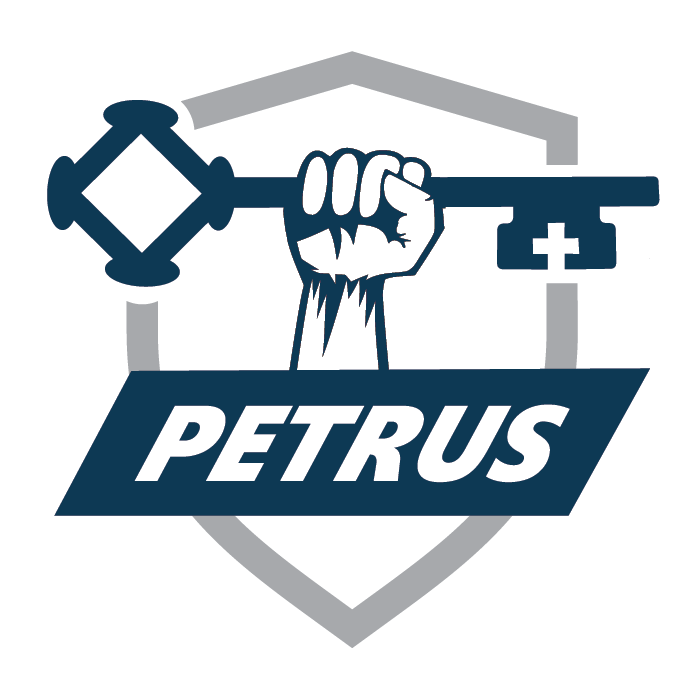Maybe a door-knocker promised you money: “Not only will you get a new roof paid for by your insurance company, but you’ll get to keep your deductible!”
Maybe you see ads on Facebook or Google Search that say, “Free roofing services.”
It is too good to be true! This is actually illegal in the state of Texas as it is insurance fraud.
If a roofer says this to you, you should report that company to your insurance company. Then you can also report it to the Texas Attorney General’s Consumer Protection Hotline (800-621-0508). A law went into effect on September 1, 2019 (HB2102), which built upon and clarified already existing Texas law on deductibles.
(Be sure to consult your attorney and insurance company, as this is not legal advice!)
Quick Introduction to Insurance Deductibles
What is a deductible? “A deductible,” according to the Texas Department of Insurance, is
“the amount you have to pay before the insurance company will pay. A higher deductible generally means a lower cost for the policy, but also means you’ll have to pay more out-of-pocket if you have a claim.”
Why do we have deductibles? The deductible is the way the policyholder shares the risk of future damage with your insurance company. Whatever type of insurance you have- health, home, life- the purpose is to minimize risk due to the unpredictable future and ensure a payout if one day something bad happens.
What sets the price of my deductible? Your deductible amount is expressed as either a percentage or a dollar amount in your specific policy. For example, your policy might be 10% of the total cost or $2,500. Every policy is different and you should read yours to find out your deductible.
“Ask your agent if the deductible for wind and hail damage is different than the deductible for other types of damages. If it is, you might pay more out-of-pocket if your roof is damaged by a storm.” (TX Department of Insurance)
Note: Health insurance deductibles are different from homeowner’s as homeowners are applied to each claim, whereas for health it usually covers a year of costs.
Where’s the Roof Scam?
The insurance company will pay only after it has received proof that you paid your deductible in full to the roofing company. HB2102 gives insurance companies the legal right to know this information. You owe the deductible to the roofing company as part of your insurance claim. As stated above, it is your share in the risk.
“Contractors who say they will waive your deductible might be sending false information to your insurance company about the cost of repairs. That would be fraud. And a contractor who offers to waive your deductible is likely making up the difference by cutting corners or using lower quality products. That can lead to more claims and repairs later.”
How does a scamming salesperson do this? Again, let’s consult the Department of Insurance’s website for more information:
“One way is by giving you an estimate that’s higher than the actual cost to repair your home or roof. The contractor then uses the extra money paid by the insurance company to cover your deductible. Some contractors might offer rebates or credits in the amount of your deductible. That’s also illegal.”
Wouldn’t I want to keep my money and make the insurance company pay out to the roofers? The answer is emphatically “No!” Bad contractors who are willing to defraud the insurance company are willing to defraud you. Bad contractors who waive deductibles have to make up the difference somewhere, so what often happens is:
- Shoddy repairs and cut corners
- Fake contracts (!)
- Lower quality products
- Inflated bill to the insurance company to cover deductible costs
Avoiding Contractor Fraud
The one that stands out to me the most in these bullet points is “Fake contracts”. Yikes!
Bad contractors use contracts to DECEIVE the homeowner. Lines of legalese will make a lot of people’s heads spin. They will purposefully leave sections blank so that they can fill it in later after your signature is on the contract. Sometimes they will neglect to use official company documents, like a contract on their own business letterhead, to distance themselves from accusations after the fact.
Good contractors, however, use contracts to EDUCATE the homeowner about the work to be done. Thus, typical practice is to insert a paragraph explaining your role in paying the deductible and make you initial next to that section when you understand it.
Here are some great tips to avoid fraud:
- “Get written estimates on company letterhead with clear contact information.
- Get more than one bid to gauge which ones are too high or too good to be true.
- Check references and phone numbers.
- Beware of those who only have out-of-town references or solicit door to door.
- Don’t pay in full up front and don’t make a final payment until the job is done.
- Never sign a contract with blanks on it.”
Here at Petrus Roofing, our contracts are standardized. We use professional estimating and invoicing software that are tied to the most-trusted names in the industry: JobNimbus and Sumoquote (which just joined forces last week!). We are proud of our reputation as ethical roofing contractors and asphalt athletes!

